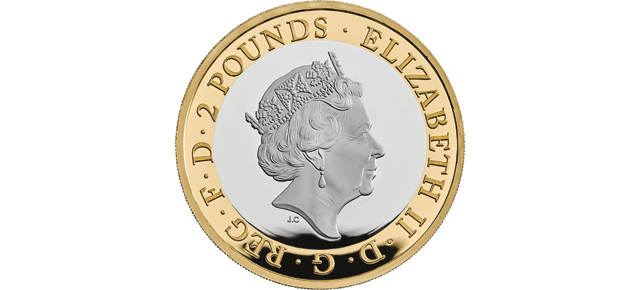It has been reported that Boris Johnson’s team have spent months working on a plan to subsidise fares on local bus services in England for six months
Behind-the-scenes talks are reported to have taken place between the government and the bus industry over a scheme to cap bus fares in England at £2 for six months from October.
Boris Johnson announced on Thursday, July 7, that he would be step down as prime minister but remain in place during the contest to succeed him. Just two days later The Sunday Times reported that Downing Street had been working on a scheme to subsidise single bus journeys since April.
Covid lockdowns and the strong “avoid public transport” message decimated bus use and passenger numbers remain significantly short of pre-Covid levels. Although emergency funding support continues to be provided, there has so far been no government-assisted bus marketing initiative to reverse the damage done during Covid. In contrast, the government lured rail users back with the ‘Great British Rail Sale’ earlier this year.
Other countries have already cut public transport fares to help with rising living costs, with Germany offering monthly travel on local public transport for just nine euros in June, July and August
It is understood that the impetus behind the £2 bus fare cap is to offset the cost-of-living crisis, with energy bills set to soar in October. Other countries have already cut public transport fares to help with rising living costs, with Germany offering monthly travel on local public transport for just nine euros in June, July and August. However, none of those aiming to succeed Johnson have taken up the plan, with at least two proposing to instead slash fuel duty by a further 10p – at a cost of £10bn a year.
It’s difficult to assess what the cost of the six-month £2 bus fare cap would be. However, before Covid, annual fare paying receipts of bus companies outside of London was £2bn (London fares would not be subsidised because a single fare is £1.65). Post-Covid, and over a six-month period, this figure is around £925m, of which only a portion would need to be reimbursed by government.
This story appears in the latest issue of Passenger Transport.
DON’T MISS OUT – GET YOUR COPY! – click here to subscribe!









